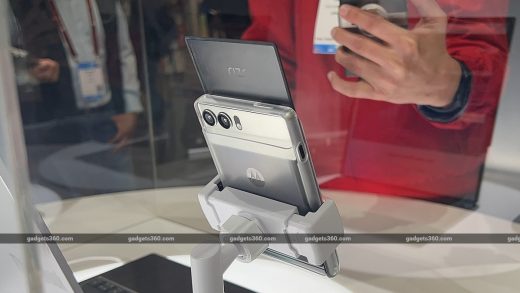
Supplied
Honda has already experimented with hydrogen, and it doesn’t intend to stop.
Honda has detailed a fresh expansion of hydrogen power, with plans for more use in cars but also trucks and construction equipment, electricity for buildings, and possibly even with Japan’s space agency, Japan Aerospace Exploration Agency (JAXA).
The manufacturer has plans for a new fuel cell system to go into production this year built in tandem with General Motors, according to Honda senior managing executive director Shinji Aoyama, speaking with Reuters at an event recently.
This will feature in a hydrogen passenger vehicle due in 2024, and will be produced in Ohio before moving out to other North American and Japan sites.
Supplied
Honda wants to use its hydrogen tech to also power buildings and Japan’s space agency.
It will eventually reduce the cost of fuel cells to one-third and with twice the durability of the system installed in the 2019 Honda Clarity. By 2030, the fuel cell stack will have similar production costs as current diesel engines, said Tetsuya Hasebe, general manager of Honda’s hydrogen business development division.
READ MORE:
* Toyota New Zealand doubles down on hydrogen
* Taranaki making progress on its path towards a green hydrogen future
* Honda sees its future in air taxis, rockets and moon robots
* Hydrogen cars and their future in New Zealand
The stack will eventually power commercial trucks with Isuzu and Dongfeng Motor in China, and provide electricity to a Honda site in the US starting this month.
GETTY IMAGES/Getty Images
Hydrogen infrastructure is still lacking around the world.
Of course, this is only half the equation. Supply of hydrogen and the surrounding infrastructure is still an issue, and here Honda says: “In order for more businesses to actively utilise fuel cell systems, it is important to solve issues such as reducing development investment and hours for installation, suppressing total cost and ensuring a stable and inexpensive supply of hydrogen.”
Honda plans to support and coordinate the supply of hydrogen by means of collaborations, effectively making it a single port of call for the entire ecosystem.
Initially, Honda will work with the Japan Hydrogen Station Network Joint Company as well as businesses such as Shell and FirstElement Fuel in North America. For Europe, Honda says it is “currently planning for demonstration testing of an energy ecosystem that combines renewable energy and hydrogen.”
RICKY WILSON/STUFF
At Glenbrook, south of Auckland, a small facility makes low-emissions hydrogen gas.
As for New Zealand, the Ministry of Business, Innovation and Employment says a roadmap is being developed for 2023 to set Government objectives for hydrogen, and its potential to reduce emissions and maximise economic benefits.
The roadmap will inform the New Zealand Energy Strategy, which is due to be finalised by the end of 2024, and explore steps to use hydrogen to help reach the goal of a net zero emissions economy by 2050.
Currently, Hiringa is working on a green hydrogen refuelling network with Waitomo Group, set to come online this year in Auckland, Palmerston North, Hamilton and Tauranga initially. More than 24 stations are expected across the next four or five years.
Supplied/Stuff
The Hyundai Xcient fuel-cell heavy truck is already doing work in New Zealand.
Hyundai has also been a proponent of hydrogen, bringing the Nexo fuel-cell SUV into the country as well as the Xcient fuel-cell heavy trucks, the first of which was bought by NZ Post.
And in 2022, Toyota New Zealand said it wants to explore a range of commercial partnerships for hydrogen technology in New Zealand.
These include working with Team New Zealand in creating hydrogen-powered foiling chase boats, as well as “a number of projects that are in the early phases.” One of those projects might include Toyota’s work on creating hydrogen-powered combustion engines.


